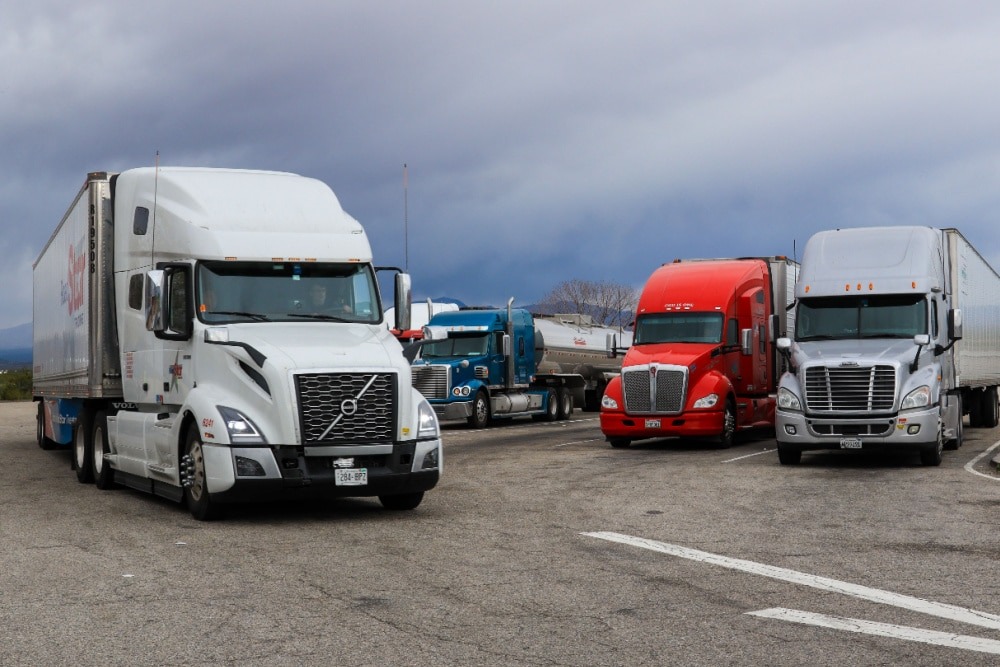The auto insurance industry is undergoing significant changes due to advancements in technology, shifting consumer behavior, and evolving regulations. As we look toward the future, here are the key trends shaping the auto insurance landscape:
1. Rise of Autonomous Vehicles
- Impact on Premiums: Self-driving cars are expected to reduce the frequency of accidents, potentially lowering premiums. However, insurers may need to shift focus from driver liability to product liability, as accidents involving autonomous vehicles could be blamed on manufacturers or software providers.
- New Coverage Models: As vehicles become more automated, traditional policies will need to adapt. Insurers may introduce new coverage models, including pay-per-mile and usage-based insurance tailored for autonomous driving.
2. Usage-Based Insurance (UBI)
- Telematics and Data-Driven Policies: With the help of telematics, UBI is becoming more popular. These policies use real-time data collected from vehicles to assess driving habits and offer personalized premiums based on behavior, such as speed, braking, and distance driven.
- Pay-As-You-Drive: More consumers are opting for pay-as-you-drive policies, especially with the increase in remote work. This trend allows drivers to pay insurance based on how often they use their cars, leading to potential savings.
3. Electric Vehicle (EV) Insurance
- Specialized Coverage for EVs: With the rise in electric vehicle adoption, insurers will need to account for the unique risks and costs associated with EVs. This includes specialized coverage for battery repairs, charging stations, and higher replacement costs.
- Incentives for Eco-Friendly Driving: Many insurance companies are expected to offer discounts and incentives for EV owners, encouraging more environmentally conscious driving habits.
4. AI and Machine Learning in Claims Processing
- Automation of Claims: Artificial intelligence is set to revolutionize the claims process by automating tasks like claim submission, fraud detection, and damage assessments. This can result in faster, more efficient processing and quicker payouts for customers.
- Predictive Analytics: AI and machine learning will also help insurers predict risk and set more accurate premiums based on historical data and driving patterns.
5. Impact of Ride-Sharing and Car-Sharing Services
- Hybrid Coverage: As ride-sharing and car-sharing services become more popular, insurance providers are developing hybrid policies that cater to drivers who use their cars both privately and for commercial purposes. These flexible policies will cover personal use and ride-share activities under one plan.
- New Liability Issues: The rise of shared mobility brings new challenges in liability, as accidents may involve multiple parties, including drivers, passengers, and ride-share platforms.
6. Blockchain for Secure Data and Smart Contracts
- Streamlined Processes: Blockchain technology has the potential to enhance data security, streamline claims processing, and reduce fraud. Smart contracts, enabled by blockchain, can automate policy renewals, claims, and payments, reducing paperwork and delays.
- Transparency in Transactions: Blockchain’s decentralized and transparent nature will improve trust between insurers and policyholders by providing a secure, immutable record of transactions.
7. Focus on Cybersecurity and Vehicle Hacking
- Cyber Insurance for Connected Cars: With the increasing number of connected cars, the risk of vehicle hacking is a growing concern. Insurers will likely introduce new policies that cover cybersecurity risks, such as data breaches and system hijacking.
- Liability for Cyberattacks: As vehicles become more reliant on software, insurers will need to navigate the complex issue of liability in cases of cyberattacks on connected vehicles.
8. Sustainability and Green Insurance Initiatives
- Eco-Friendly Policies: Many insurers are introducing sustainability-focused policies that reward eco-conscious behavior. This could include discounts for driving fuel-efficient vehicles, using less paper, or choosing environmentally responsible repair options.
- Carbon Offsetting Programs: Some companies are launching carbon offsetting initiatives, allowing customers to offset the environmental impact of their driving through their insurance premiums.
9. Evolving Regulatory Landscape
- Government Policies and Autonomous Vehicles: As autonomous driving technology advances, governments will introduce new regulations that could impact insurance requirements. Insurers will need to stay updated with these regulations and adjust their policies accordingly.
- Data Privacy Laws: With the increased use of telematics and connected cars, insurers must comply with stricter data privacy regulations to protect customers’ personal information.
10. Customer-Centric Digital Experiences
- Online Platforms and Apps: The future of auto insurance will focus heavily on providing seamless, digital-first customer experiences. Insurers are developing user-friendly mobile apps and online platforms where customers can manage policies, file claims, and access support with just a few clicks.
- On-Demand Insurance: Insurers will offer more flexible, on-demand policies that can be activated or adjusted in real time via apps. This will cater to consumers who want more control over their insurance coverage.
Conclusion
The future of auto insurance is set to be shaped by rapid technological advancements, changing consumer needs, and a focus on flexibility. With the rise of autonomous vehicles, usage-based insurance, and digital platforms, insurers must adapt to these new realities to provide personalized, efficient, and transparent services. As a consumer, staying informed about these trends can help you make smarter decisions about your coverage in the years to come

I simply could not go away your web site prior to suggesting that I really enjoyed the standard info a person supply on your guests Is going to be back incessantly to investigate crosscheck new posts
thanks
Hi i think that i saw you visited my web site thus i came to Return the favore I am attempting to find things to improve my web siteI suppose its ok to use some of your ideas
I have been browsing online more than three hours today yet I never found any interesting article like yours It is pretty worth enough for me In my view if all website owners and bloggers made good content as you did the internet will be a lot more useful than ever before
thanks